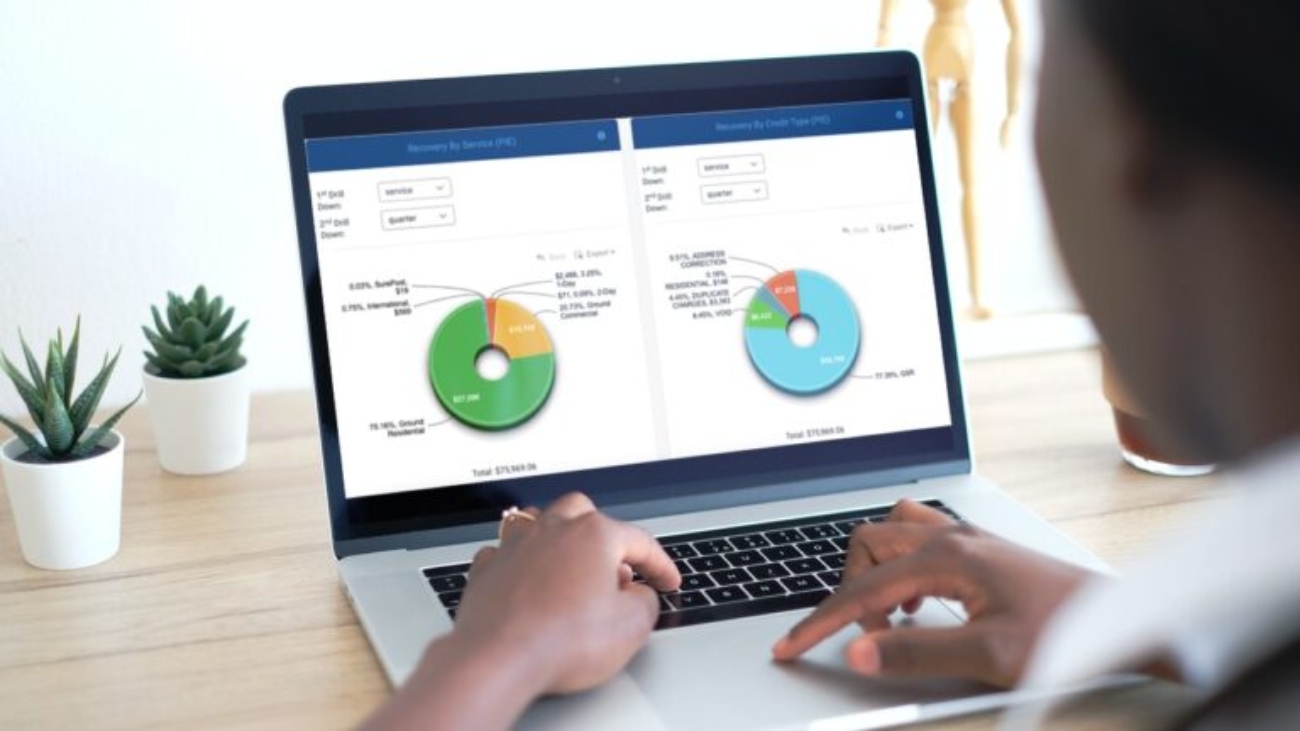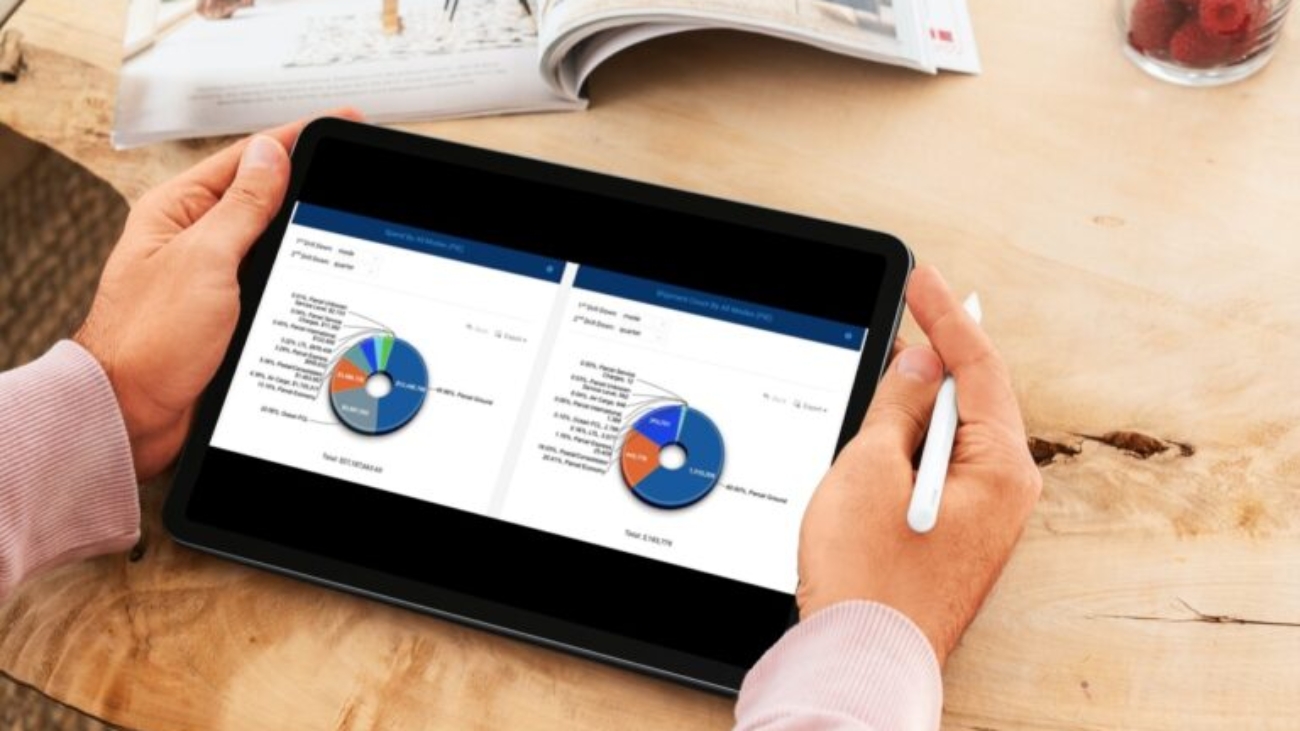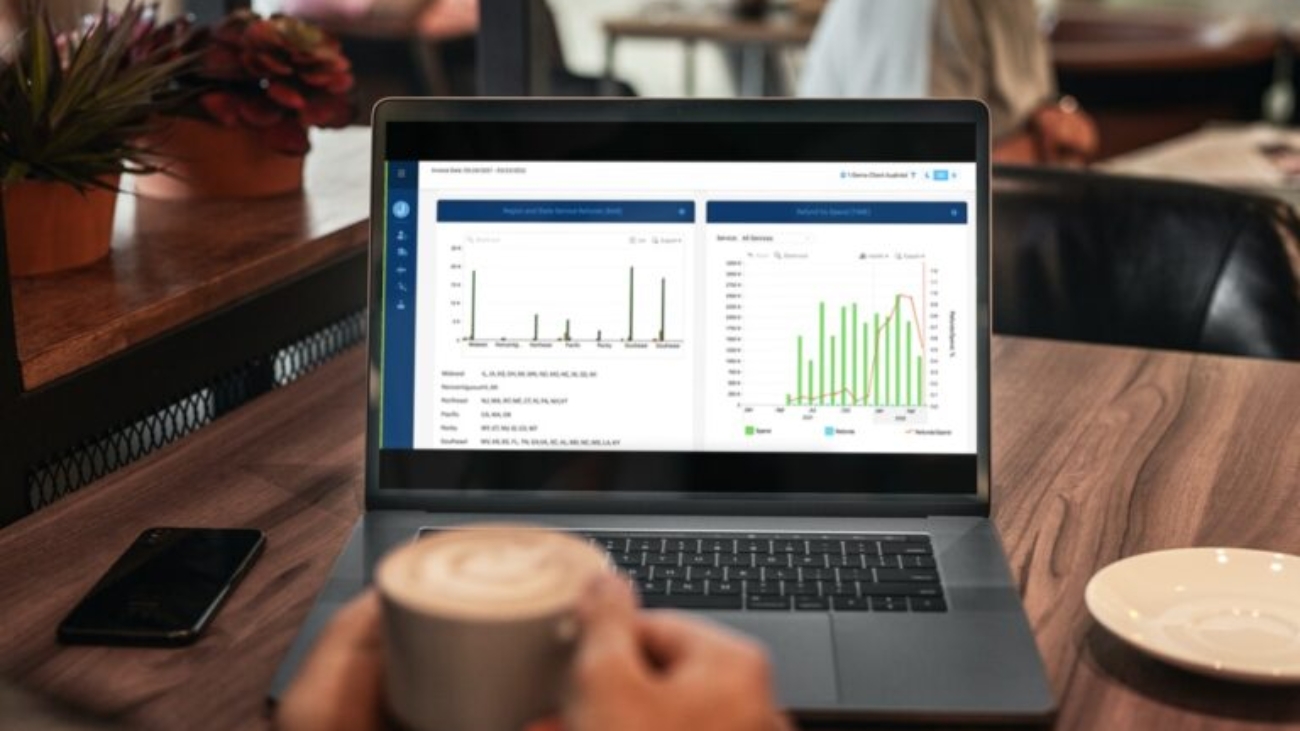Is tracking individual contracts with multiple carriers proving to be tedious? Are you aware of the latest shipping rates that may affect your business? A carrier contract management system can give answers to these questions. Further, accessorial charges are a part of carrier contract negotiations.
Here, we will explore carrier contracts and their significance in reducing shipping costs for companies.
Carrier contracts and their significance on businesses
Shippers work with carrier companies to move goods between locations under agreed contracts. The carrier contracts work for specific customers and not the public. They are ideal for high-volume shipping operations. Further, carrier contracts give greater visibility regarding the timeline for invoice payments, shipping rate confirmation, and more. Businesses improve their bottom line regardless of dynamic markets with carrier contracts.
Examples of contract carriers are DHL, FedEx, UPS, Penske Logistics, and other large shipping carriers. These contract carriers offer specialized services to companies or organizations based on contracts. They offer customized services for a company’s specific needs. For instance, for the transport of refrigerated goods, they provide refrigerated trucks. Having a contract with the shipping carriers helps shippers reduce shipping costs and improve the visibility of the shipments.
Manage carrier contracts and increase operational efficiency
Businesses need to identify shipping data in their efforts to manage carrier contracts. Shippers can analyze their shipping data by service, weight, zone, and accessorial charges and assess contract deviations. In addition, carrier contracts are subject to changes, and updating carrier contract agreements is essential. A centralized monitoring system allows for better carrier contract management. A quick reference to multiple contracts improves the entire operational efficiency of the shipping company. Further, carrier contract negotiations are a part of good contract management.
Why do businesses require negotiations on carrier contracts?
The negotiations on the rates, services, and accessorials with the carriers are carrier contract negotiations. We have discussed carrier contract negotiations in detail in our previous blogs.
However, given the current global scenario, it is time to revisit contract negotiations with the shipping carriers.
Did you know new carrier rates affect carrier contracts?
In the latest news, FedEx has announced FedEx Express and Ground list rates and surcharges from Jan 2, 2023. You can check here for list rates. You can check here for the FedEx surcharges and fees.
These surcharges will affect the shipping rates. Added fuel costs and labor shortages are having an impact on the freight shipping rates. Further, ground transport is affected by trucking delays, labor disputes, and rising oil prices. As a result, intelligent negotiations with shipping carriers are the need of the hour. Multi-year contracts with carriers help in reducing annual rate increases. Get assistance from Audintel for negotiating with shipping carriers and saving shipping expenses.
Why is it essential to have accessorial charges as a part of carrier contracts?
Accessorial charges are fees levied by shipping carriers for any additional service provided during the transit of goods. Accessorials can impact a company’s bottom line and affect the quality of service. The most common accessorial charges for freight are
- Detention: a fee charged by a carrier for additional time spent getting loaded or offloaded at a shipper or receiver
- Demurrage: daily rate charge for cargo left at the terminal beyond the allotted free time
- Storage: charges for holding containers at the intermodal terminal beyond the free time allotted
- Per diem: a fee that a carrier charges against another shipping carrier or customer for using its trailers, containers
- Residential delivery: surcharges for delivery of parcels in residential areas
Skilled negotiations help to avoid or eliminate accessorial charges. Shippers can schedule the docking to avoid detention charges. Similarly, keeping track of the arrival/ departure of containers and pre-clearing the cargo will eliminate the demurrage charges. Shipping carriers agree to lower prices during negotiations, provided shippers avoid accessorials.
Carrier contract agreement
An agreement between shipping carriers and companies for delivering goods, services, and fees is a carrier contract agreement. For instance, the UPS carrier contract agreement contains incentives and minimum rates as decided by UPS and the shipper. Further, it covers accessorial fee reductions and DIM weight reductions on invoices. With the correct shipping data, shippers can benefit from carrier contracts.
Audintel and carrier contracts
Carrier contract management is hard to decipher for clients having multiple contracts with multiple shipping carriers. Audintel not only manages carrier contracts for its clients but also helps in negotiating for a better price. We help in carrier contract negotiations by providing insightful data. Further, Audintel tracks shipping invoices for clients. We investigate the shipping carrier’s performance and aid clients in reworking contracts. Our experts are well-versed in negotiations and monitor the dynamic shipping rates of different shipping carriers. So, Audintel protects its clients from unwanted expenses by re-negotiating contracts with shipping carriers.
Final thoughts
Technology can optimize the shipping operations of businesses and reduce shipping costs. However, understanding the complexities of shipping rates and accessorials may confuse shippers. Audintel with its unique software tools, can help negotiate contracts with shipping carriers. We offer services that will save money and improve your overall service. Let Audintel guide you through the complex maze of carrier contracts. Contact us for any information on carrier contracts and our services at +1 (619) 354 8539 or visit our Audintel website.









